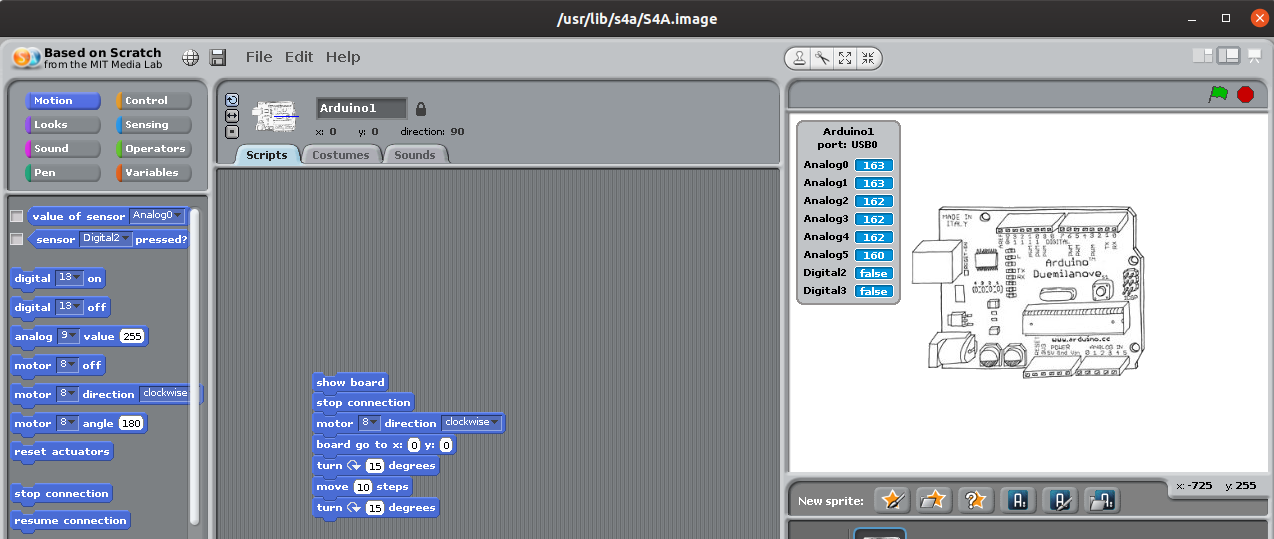Many Snap packages contain two files which allow users to verify what sources were used to build the package.
Teaching and researching software engineering
This message, related to the development of the theme, only displays on the
localhost homepage to notify you of any important theme changes.
Below are the following changes that could be breaking changes for your site. For more details on any change, please refer to PR #154.
The major breaking change is:
images (backwards compatibility for featured and associated parameters still remains) will need to adjust from [images]="SRC" to the new format.[[images]]
src = "" // Link to image
alt = "" // Alt text for image
stretch = // Optional: See screenshots for referenced values and outcomes
If you utilize any of the following, there might be a breaking:
While I realize this is inconvenient, I hope that it is worth it to you in the long run. Thanks for using the theme, and feel free to submit issues as needed.

Teaching and researching software engineering
Many Snap packages contain two files which allow users to verify what sources were used to build the package.

Snap and Flatpak are the basis of two universal app stores for Linux: the Snap Store and Flathub. Interestingly, Flatpak has multiple repositories: Flathub is the main one but both Fedora and Elementary OS also host their own store. In contrast; there is only one Snap store. Why is that?

The Snap Store and Flathub are two universal app stores for Linux. They are very different from how traditional software distribution works. As is always the case with new software, the question “why do we need this?” often arises. “Including software in distribution repositories has worked for so long, so why do we need to change it?”

Snaps and Flatpaks are often compared to each other because they both make it super easy for Linux users to get the latest versions of desktop applications. If a Linux user wants to install the latest version of apps like Slack, Krita or Blender, either tool will work just fine. There is one fundamental difference between Snaps and Flatpaks, however. While both are systems for distributing Linux apps, snap is also a tool to build Linux Distributions.

S4A, or Scratch for Arduino, is an app that you can use to program Arduino boards using Scratch. You can program robots and LED’s without writing any code: all you need to do is drag and drop instructions in the visual programming environment.

The container ecosystem is moving rapidly. A lot happened in 2019! It seems the container ecosystem has arrived at the “consolidation” stage of the hype cycle:
When I submitted my first paper, I realized I had no idea who owned my research! Was I authorized to transfer the rights to a journal or did I need someone else’s permission? After some digging, I found the answer and wrote it all up in a neat little document. So here’s the dusted off version, in case it’s useful to anyone else.